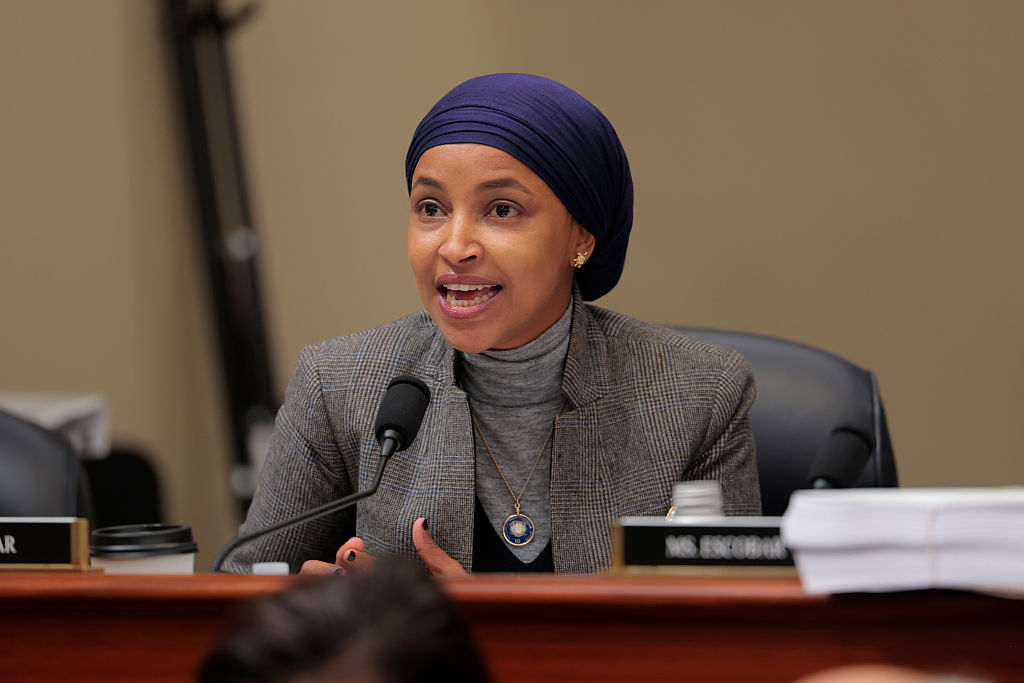Health Disparities Among Black, Hispanic Men Hits U.S. Economy
Black and Hispanic males are bearing the brunt of medical costs because of health disparities and, as a result, men, their families, and the U.S. economy are suffering under the towering burden, according to a new study released by Johns Hopkins University’s Bloomberg School of Public Health.
SEE ALSO: Microwaving Vegetables: Does It Destroy The Nutrients?
African-American men incurred $341.8 billion in excess medical costs due to health inequalities between 2006 and 2009, according to the study published this week in the International Journal of Men’s Health.
The direct medical expenditures for African-American men over the four-year period, the report says, totaled $447.6 billion, and 5.4 percent, or $24.2 billion, were excess costs attributed to health disparities. Hispanic men incurred an additional $115 billion over the four-year period.
The study evaluated the direct and indirect costs associated with health inequalities and projects the potential cost savings of eliminating these disparities for minority men in the United States, according to a news release.
“Health disparities have a devastating impact on individuals and families, and they also affect society as a whole,” Dr. Roland J. Thorpe Jr., lead author of the study and assistant professor at the Johns Hopkins Bloomberg School of Public Health and Director of the Program for Research on Men’s Health in the Johns Hopkins Center for Health Disparities Solutions, said in the release. “Quantifying the economic impact of health inequalities among men highlights how enormous a societal problem this is.”
Data was gathered from the Agency for Health Care Research and Quality’s 2006-2009 Medical Expenditure Panel Survey (MEPS) to assess a variety of health statuses and conditions, including obesity, diabetes, and heart disease among African Americans, Asians, Hispanics, and Whites, the report says.
The information was then incorporated in statistical models to determine the total direct medical costs and the proportion of costs incurred due to health disparities for each group.
The indirect costs of lower worker productivity due to illness and premature death were calculated using data from MEPS and the CDC’s National Vital Statistics System, the report says.
During the four-year period, these factors cost the economy a total of $436.3 billion, including lower worker productivity because of illness at $28 billion in excess costs and premature death at $408.3 billion.
Of the total indirect costs, African-American men accounted for $317.6 billion, or 72 percent; indirect costs totaled $115 billion for Hispanic men and $3.6 billion for Asian men, the report shows.
“These stark findings underscore the fact that we can’t afford to overlook men’s health disparities that exist in this country,” Thorpe said. “The cost to society — both moral and economic — is staggering.”
SEE ALSO: Do Hair Relaxers Raise Black Women’s Risk Of Fibroids?















